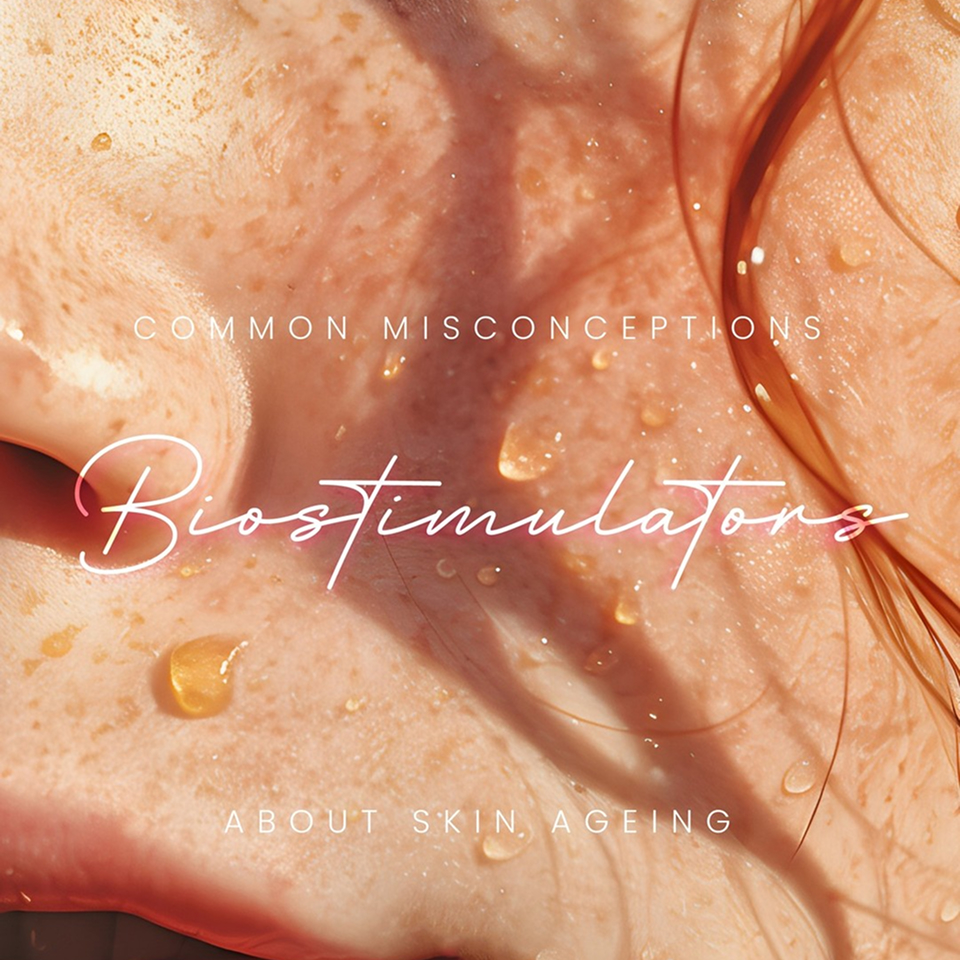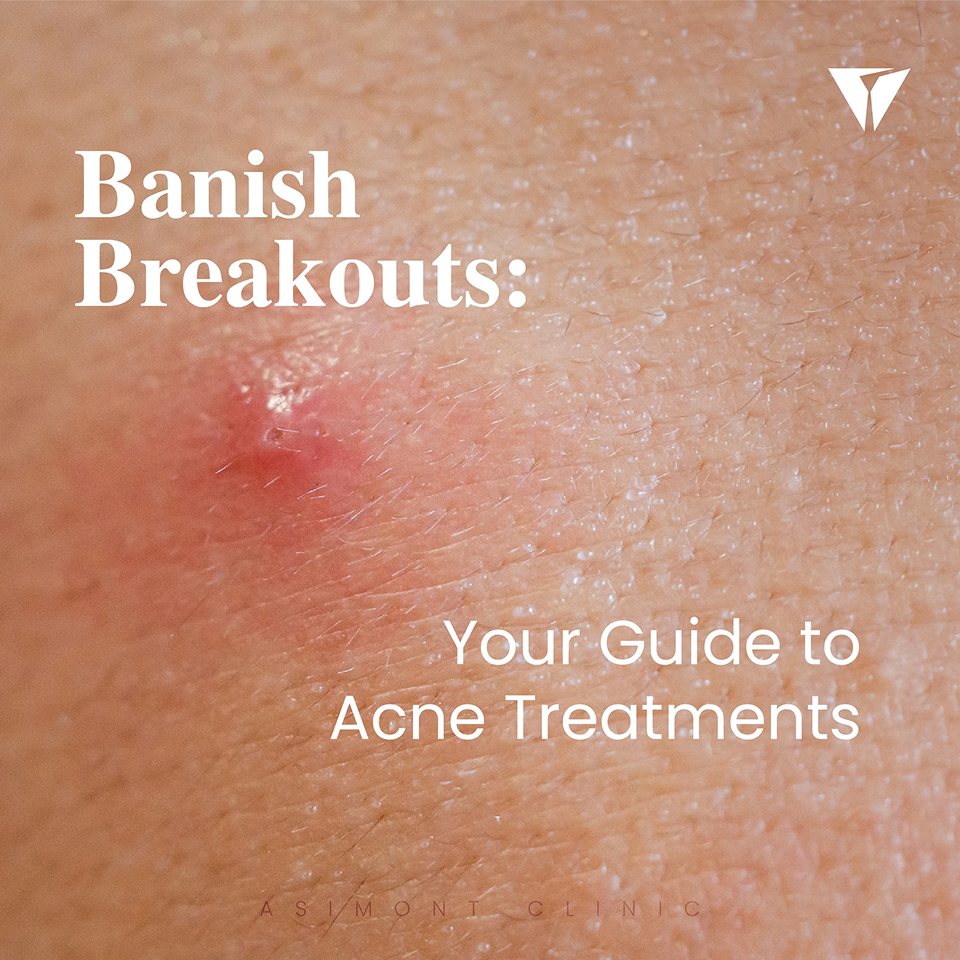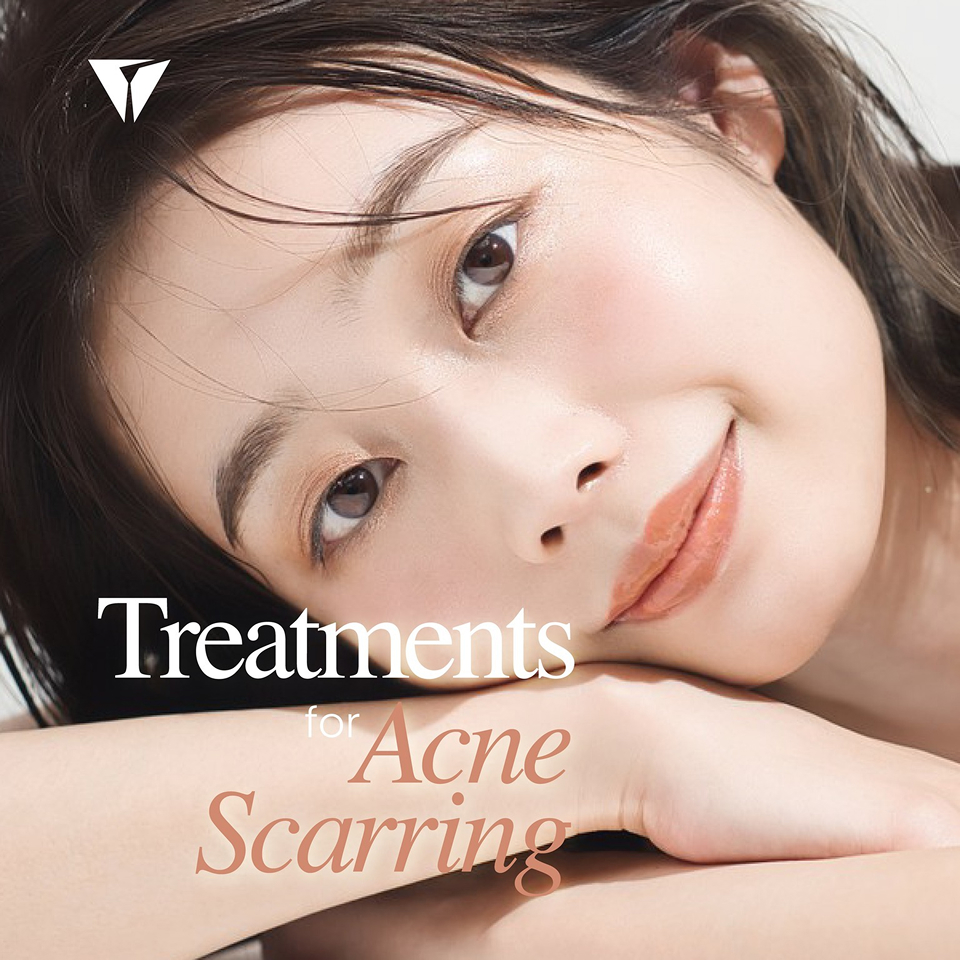Intimate Area Pigmentation: What’s Normal and What Can Be Treated?
It’s common for women to notice darker pigmentation in the intimate area over time. This natural variation in skin tone can be due to a combination of genetics, hormonal changes, ageing, and lifestyle factors. Yet in Singapore, where grooming standards and personal aesthetics are increasingly discussed, many women wonder: Is this normal? And are there safe, medically guided ways to address it?
At Asimont Clinic, we take a respectful and medically responsible approach to all women’s health concerns, including pigmentation. This article explores what’s considered typical, when to seek medical advice, and how certain treatment options may help.
Why Is the Intimate Area Often Darker?
The vulva, groin, and perianal areas naturally have a higher concentration of melanin. Factors that may contribute to increased pigmentation include:
1. Hormonal Changes
Pregnancy, menstruation, menopause, and contraceptive use can influence melanin production.
2. Friction
Tight clothing, frequent shaving or waxing, and physical activity may cause chronic micro-irritation and darkening over time.
3. Post-Inflammatory Hyperpigmentation (PIH)
Healing after rashes, infections, or ingrown hairs may result in darker patches.
4. Genetics
Some individuals are genetically predisposed to increased pigmentation in certain areas, regardless of skincare habits.
What’s Considered Normal?
It’s important to recognise that vulvar pigmentation is not a medical problem in most cases. A darker hue compared to the rest of the body is completely normal. However, certain changes may warrant medical attention:
- Sudden darkening or changes in skin colour
- Uneven patches with itching or discomfort
- Pigmentation that worsens after an infection or allergic reaction
- Presence of lesions or bleeding
When Should You Consider Treatment?
You may consider consulting a doctor if:
- Pigmentation is linked to discomfort, irritation, or inflammation
- You experience self-consciousness or distress about the appearance
- You notice changes that raise concern about skin health
At Asimont Clinic, we provide private, medically supervised evaluations to assess whether pigmentation is physiological or related to an underlying condition.
What Medical Options Are Available for Treating Intimate Pigmentation?
For women who are medically suitable and wish to explore lightening treatments, options may include:
1. Topical Agents
- Prescription creams with gentle pigment-regulating ingredients (e.g., azelaic acid or niacinamide)
- Formulations selected based on skin sensitivity and history
2. In-Clinic Treatments
- Mild energy-based therapies or medical-grade peels (only when deemed appropriate and with informed consent)
- These treatments are designed to support skin renewal and even tone over time
All procedures are carried out under strict MOH and PHMC regulations, without the use of exaggerated claims or unauthorised aesthetic promises.
Is It Safe to Use Over-the-Counter Lightening Creams?
Be cautious. Many OTC products marketed for intimate whitening contain harsh or unregulated ingredients. These may cause:
- Irritation or contact dermatitis
- Skin thinning
- Long-term pigmentation rebound
Always seek professional guidance before applying anything to sensitive areas.
Holistic Approaches to Prevent Pigmentation Worsening
- Wear breathable cotton underwear to reduce friction
- Avoid frequent waxing or harsh exfoliants
- Maintain hydration and avoid overly harsh cleansers
- Use mild, pH-balanced intimate washes if needed
Why Choose Asimont Clinic?
- MOH-licensed clinic offering discreet, medically appropriate care
- Treatments selected based on skin assessment and scientific data
- No exaggerated outcomes or unethical marketing
- Focus on comfort, education, and long-term skin health
Conclusion: Know What’s Normal, Understand What’s Treatable
Intimate area pigmentation is a common concern, but often completely natural. If you’re unsure whether to take action or simply want professional reassurance, a women’s health consultation can provide clarity.
📩 Book a Private Women’s Health Consultation
Our doctors at Asimont Clinic are here to help you make informed decisions about your intimate skin health—with respect, medical accuracy, and care.













